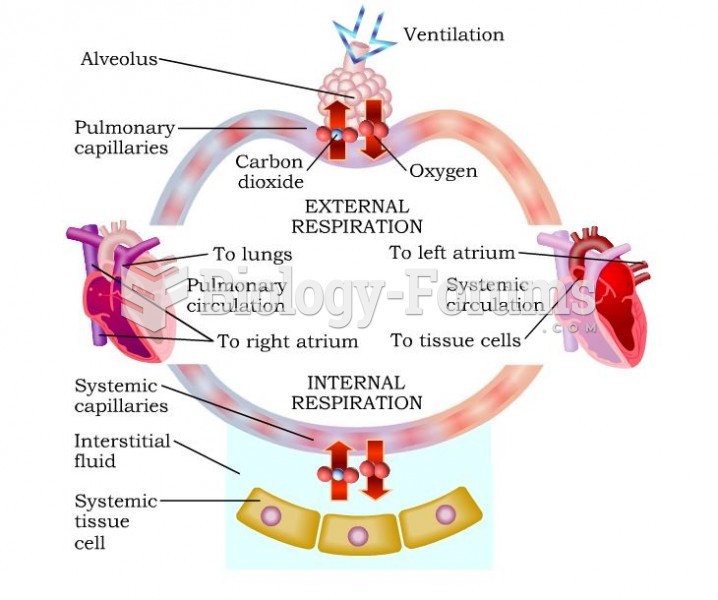This topic contains a solution. Click here to go to the answer
|
|
|
Did you know?
The strongest synthetic topical retinoid drug available, tazarotene, is used to treat sun-damaged skin, acne, and psoriasis.
Did you know?
Famous people who died from poisoning or drug overdose include, Adolf Hitler, Socrates, Juan Ponce de Leon, Marilyn Monroe, Judy Garland, and John Belushi.
Did you know?
The Romans did not use numerals to indicate fractions but instead used words to indicate parts of a whole.
Did you know?
Medication errors are three times higher among children and infants than with adults.
Did you know?
Essential fatty acids have been shown to be effective against ulcers, asthma, dental cavities, and skin disorders such as acne.
 Sample of an informed consent to perform an operation, sedation, anesthesia, and other medical servi
Sample of an informed consent to perform an operation, sedation, anesthesia, and other medical servi
 Black and white patients enrolled in Medicare do not receive the same medical treatment, even when ...
Black and white patients enrolled in Medicare do not receive the same medical treatment, even when ...





